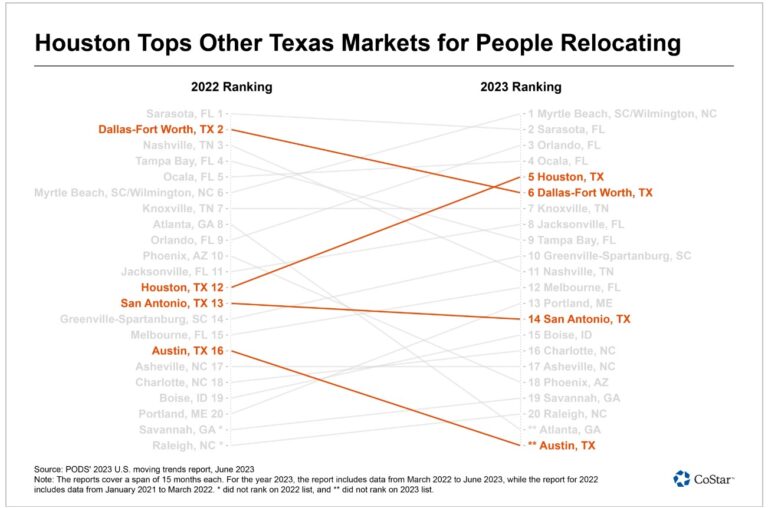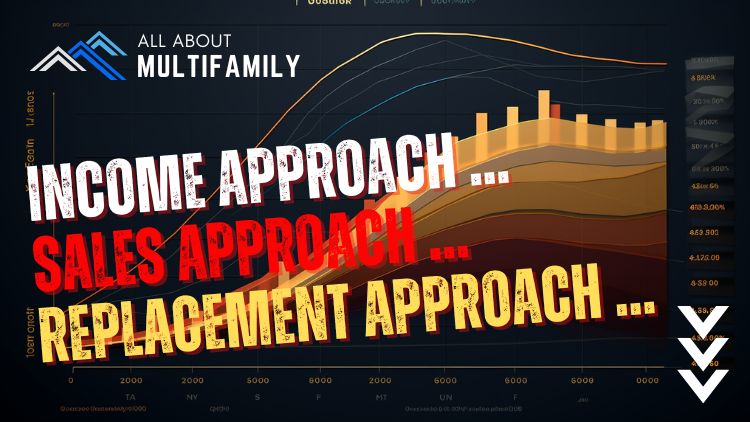The Federal Reserve’s recent decision regarding interest rates has significant implications for the multifamily housing market. With the economy showing signs of recovery, the central bank’s move to increase or decrease interest rates can directly influence apartment transactions and investment decisions.
The Federal Reserve plays a crucial role in managing the country’s monetary policy and aims to promote economic stability and growth. One of the tools at its disposal is adjusting interest rates, which can have a ripple effect on various sectors, including the multifamily real estate market.
When interest rates are lowered, borrowing becomes cheaper, leading to increased demand for loans. This can incentivize investors to acquire more properties, especially in the apartment sector, where rental income can provide stable returns. Lower interest rates can also make refinancing more attractive, allowing property owners to reduce their mortgage costs and potentially increase their cash flow.
Conversely, when interest rates rise, the cost of borrowing increases, potentially dampening the demand for loans. This can affect the affordability of financing for potential buyers or investors, which may lead to a slowdown in apartment transactions. Additionally, rising interest rates can make existing loans more expensive, impacting property owners who have variable-rate mortgages or adjustable-rate loans.
Understanding the Federal Reserve’s stance on interest rates is crucial for real estate investors and industry professionals. The central bank carefully assesses economic indicators, such as inflation rates, employment data, and GDP growth, to determine the appropriate course of action. The Federal Open Market Committee (FOMC) holds regular meetings to discuss and make decisions on interest rates.
In recent months, the Federal Reserve has been closely monitoring the economic recovery and inflationary pressures. As a result, it may decide to increase interest rates to combat inflation or stabilize the economy. On the other hand, if the economy shows signs of weakness or deflationary risks, the central bank may choose to lower interest rates to stimulate borrowing and investment.
Real estate investors and stakeholders in the multifamily sector are advised to stay informed about the Federal Reserve’s interest rate decisions and their potential impacts. Monitoring these changes can provide valuable insights for making informed investment decisions, whether it involves acquiring new properties, refinancing existing loans, or adjusting rental strategies.
In conclusion, the Federal Reserve’s interest rate decisions have a direct impact on apartment transactions in the multifamily housing market. Understanding the central bank’s stance and monitoring changes in interest rates can help investors navigate the dynamic real estate landscape and make strategic decisions that align with market conditions.














































![An In-Depth Look at Jake and Gino's Coaching Program [A Review]](https://allaboutmultifamilyinvesting.com/wp-content/uploads/2023/10/AAM-BMP-Blog-Covers-750-×-422px-6.jpg)


![Email Marketing Tips for Multifamily Real Estate Syndicators to Raise Capital [Templates included]](https://allaboutmultifamilyinvesting.com/wp-content/uploads/2023/09/AAM-BMP-Blog-Covers-750-×-422px-4.jpg)






![The Richest Kids In America [Book Review]](https://allaboutmultifamilyinvesting.com/wp-content/uploads/2023/09/AAM-BMP-Blog-Covers-750-×-422px-84.jpg)
















